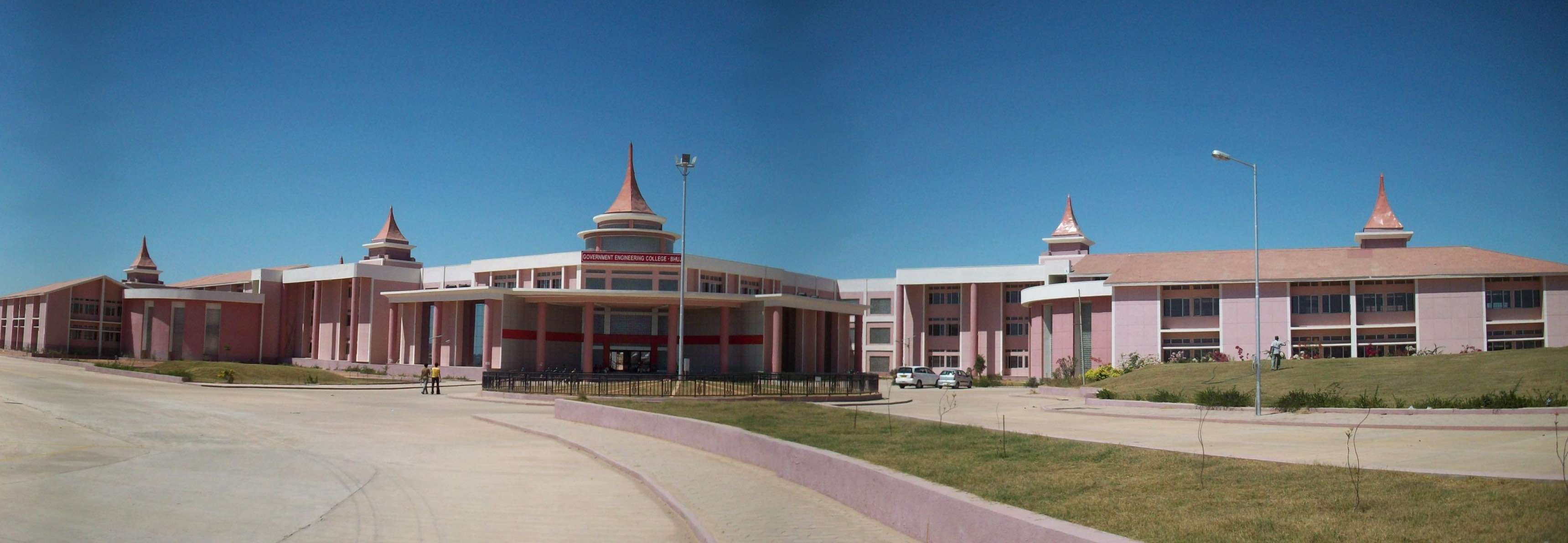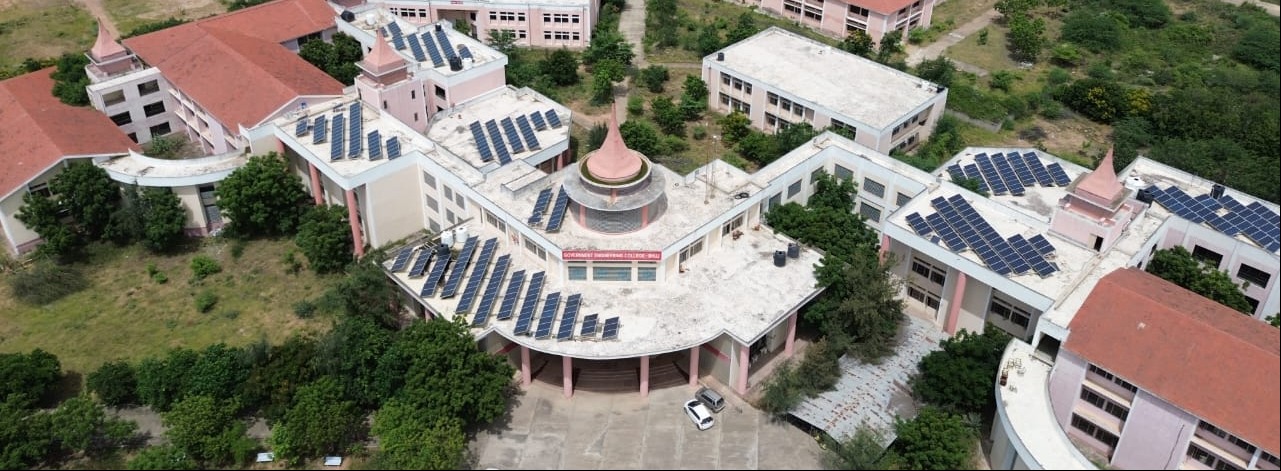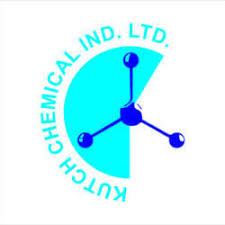Government Engineering College,Bhuj was established in September 1994 and is the only Government institute in kachchh district imparting undergraduate and postgraduate courses in various discipline of engineering. Institute offers seven bachelor degree programs that is Mechanical Engineering, Electrical Engineering, Civil Engineering, Chemical Engineering, Environment Engineering and Mining Engineering. This institute is also offering master degree programs in Mechanical Engineering (Automobile Engineering) and Electrical Engineering (Power System Engineering). The College is approved by All India Council for Technical Education(AICTE),New Delhi and affiliated with Gujarat Technological University, Ahmedabad which is administered by the Directorate of Technical Education, Gujarat State, Gandhinagar where admission process is carried out through centralized process of ACPC according to the norms of Government of Gujarat.
Latest News
Vision
To optimize perseverance, quality and ethics in the higher technical education and research as can groom the learners into the owners of global trends in engineering.
Mission
To facilitate the learners with fundamental and advanced technical knowledge in theory and practice
To facilitate the learning with concerned industrial exposure to the obtaining technology
To help the learners acquire professional ethics, acumen and zeal for research and entrepreneurship
Program Outcomes
Engineering Knowledge: Apply the knowledge of mathematics, science, engineering fundamentals, and an engineering specialization to the solution of complex engineering problems.
Problem Analysis: Identify, formulate, review research literature, and analyze complex engineering problems reaching substantiated conclusions using first principles of mathematics, natural sciences, and engineering sciences.
Design/ development of solutions: Design solutions for complex engineering problems and design system components or processes that meet the specified needs with appropriate consideration for the public health and safety, and the cultural, societal, and environmental considerations.
Conduct investigations of complex problems: Use research-based knowledge and research methods including design of experiments, analysis and interpretation of data, and synthesis of the information to provide valid conclusions.
Modern tool usage: Create, select, and apply appropriate techniques, resources, and modern engineering and IT tools including prediction and modeling to complex engineering activities with an understanding of the limitations.
The engineer and society: Apply reasoning informed by the contextual knowledge to assess societal, health, safety, legal and cultural issues and the consequent responsibilities relevant to the professional engineering practice.
Environment and sustainability: Understand the impact of the professional engineering solutions in societal and environmental contexts, and demonstrate the knowledge of, and need for sustainable development.
Ethics:Apply ethical principles and commit to professional ethics and responsibilities and norms of the engineering practice.
Individual and team work: Function effectively as an individual, and as a member or leader in diverse teams, and in multidisciplinary settings.
Communication: Communicate effectively on complex engineering activities with the engineering community and with society at large, such as, being able to comprehend and write effective reports and design documentation, make effective presentations, and give and receive clear instructions.
Project management and finance: Demonstrate knowledge and understanding of the engineering and management principles and apply these to one's own work, as a member and leader in a team, to manage projects and in multidisciplinary environments.
Life-long learning: Recognize the need for, and have the preparation and ability to engage in independent and life-long learning in the broadest context of technological change.














